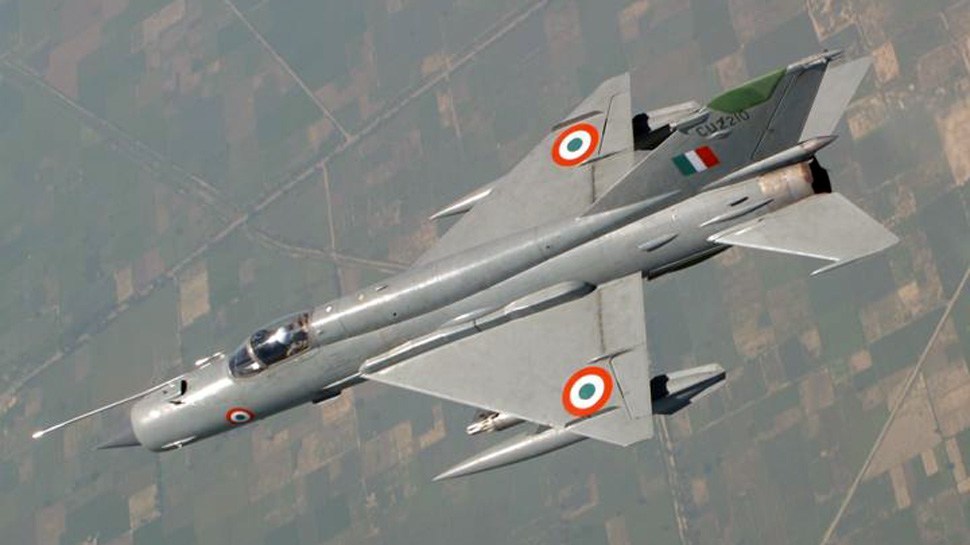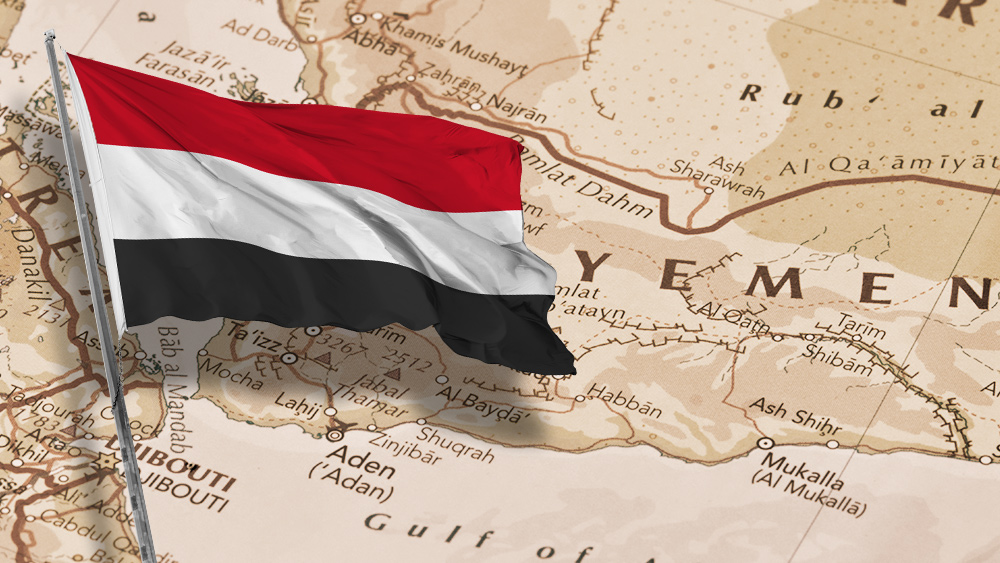
- India has cut water flow from the Chenab River to Pakistan, escalating tensions after a deadly Kashmir attack blamed on Pakistan.
- Pakistan warns that water diversion is an "act of war," risking broader conflict as the 1960 Indus Waters Treaty collapses.
- India claims reservoir maintenance justifies reduced water flow, but experts see it as retaliation for the Pahalgam attack.
- Pakistan threatens military and nuclear retaliation, while Iran attempts mediation amid rising regional instability.
- The crisis threatens Pakistan’s agriculture-dependent economy, with global fears of a nuclear flashpoint as diplomatic options fade.
India has taken a dramatic step in its ongoing conflict with Pakistan by restricting water flow from the Chenab River, a move that could escalate tensions between the nuclear-armed neighbors. The decision follows a deadly terrorist attack in Kashmir on April 22, which India blames on Pakistan.
With Islamabad warning that any water diversion would be considered an "act of war," the dispute threatens to spiral into a broader confrontation. The suspension of the 1960 Indus Waters Treaty—a rare diplomatic agreement that survived multiple wars—marks a dangerous new phase in the decades-long Kashmir conflict.
India’s water blockade begins
According to sources familiar with the matter, India has begun "reservoir flushing" at the Baglihar and Salal hydroelectric projects in Jammu and Kashmir, reducing water flow downstream to Pakistan by up to 90%. The process, which involves clearing sediment buildup, was initiated without notifying Pakistan in a direct violation of the Indus Waters Treaty. While India claims the move is for maintenance, experts see it as a strategic retaliation for the Pahalgam attack, which killed 26 people, mostly tourists.
Pakistan, which relies on the Indus River system for 80% of its agriculture, has warned that any attempt to divert water will be met with a military response. "Any attempt to stop or divert the flow of water belonging to Pakistan... will be considered an act of war," Islamabad stated.
The Indus Waters Treaty collapses
The 1960 treaty, brokered by the World Bank, allocated the eastern rivers (Ravi, Beas, Sutlej) to India and the western rivers (Indus, Jhelum, Chenab) to Pakistan, with limited Indian usage rights. Despite three wars, both nations upheld the agreement—until now. India’s suspension of the treaty allows it to pursue hydro projects "at free will," according to Kushvinder Vohra, a former Indian water official.
Pakistan has already threatened legal action, while India’s water minister vowed to "ensure no drop of the Indus River’s water reaches Pakistan." However, experts note that completely halting water flow is impossible under current infrastructure, as India’s dams are designed for run-of-river hydropower, not large-scale storage.
Pakistan’s nuclear threat and the regional fallout
The water dispute has heightened military tensions, with Pakistan conducting missile tests and placing its forces on high alert. Ambassador Muhammad Khalid Jamali warned that Islamabad would respond with "full spectrum of power," including nuclear weapons, if India escalates further. Meanwhile, Iran’s foreign minister arrived in Pakistan to mediate, though India has dismissed third-party involvement.
In Kashmir, residents report historically low water levels, with farmers like Bal Krishan supporting Modi’s hardline stance: "I agree with the decision to suspend the treaty and punish Pakistan." Meanwhile, Pakistan denies hosting militant camps and accuses India of fabricating threats to justify aggression.
Economic and humanitarian consequences
Pakistan’s economy, already crippled by inflation and debt, faces catastrophe if water shortages disrupt agriculture. Over 80% of its farmland depends on the Indus, and staples like wheat and cotton are at risk. India has also banned all Pakistani imports, further squeezing Islamabad’s economy.
The water crisis between India and Pakistan is no longer just a diplomatic dispute; it’s a flashpoint with existential stakes. As both nations dig in, the world watches nervously, aware that the next escalation could trigger a conflict with unimaginable consequences. With the Indus Waters Treaty in tatters and trust obliterated, the path to de-escalation grows narrower by the day.
Sources for this article include:
Please contact us for more information.






















